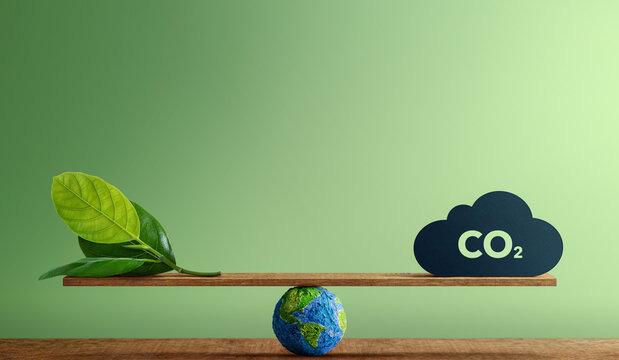Global Overpopulation is Not The Problem
The rhetoric surrounding overpopulation is not based around much information other than how big the global population is, yet there are still many students in West Orange High School that believe it to be a serious issue.
According to the United States Census Bureau, the global population is currently over 7.5 billion, which has lead to fears regarding whether or not the earth can sustain this many people at once. To put that into perspective, that is about 876 times the population of New York City, based on New York City’s 2017 population estimates. Locally, that is about 156,031 times the population of West Orange.
With an inconceivable amount of people in the world, it makes sense for people to look at the number and believe that overpopulation brings, as one student writes, “potential to worsen and speed up the impacts of global warming and the issues that are already being faced as a result of insufficient resources to sustain a population.”
The concept of “overpopulation” stretches back centuries ago. Early philosophers like Plato advocated for controlling birth rates at a time when the global population was only in the tens of millions. However, the idea resonated more after late 19th century scholar, Thomas Malthus’ “An Essay on the Principle of Population.” In Malthus’ time, the global population was over 1 billion people.
Contemporary adversaries to overpopulation are removed from Malthus and grow without his influence. All but one of the students surveyed answered that they believed global overpopulation is a problem. Some students elaborated that the earth does have a carrying capacity and that there is a limit to the earth’s resources. However, there are others who voice a concern for different issues that are associated with overpopulation like overconsumption, overcrowding, and poor resource distribution.
Another of the students surveyed wrote that “more people means a higher rise of energy, fossil fuels, gas emissions, and more as the population increases.” WorldOMeters estimates that the entire continent of Africa has a population of over 1.3 billion, while Europe has over 740 million. Despite this difference, Europe has a much higher greenhouse gas output. Africa as a whole has a lower output in comparison to several countries, including the United States.
The issue with overpopulation is that it holds individuals responsible for a global trend. The prescribed solutions from China and India have been to limit how many children a family may have. However, the amount of children someone has is exclusive from the industrial impacts on our environment. Having a child is not the same thing as an oil spill or global reliance on fossil fuels. According to the Carbon Majors Report, 70% of the global greenhouse gas emissions are from 100 companies, undermining the idea that personal consumption can truly change our mode of production.
The World Bank reports that each these regions have more than twice the population of the United States, yet the United States has larger carbon emissions per capita and is still one of the top greenhouse gas contributors. The United States, India, and China have some of the highest gross domestic products (GDPs) and are industrialized. A plastic water bottle is not made by the consumer, it is made in a factory at bulk. There is no force working to bring material change to how the world produces goods.
Another student, which disagreed with overpopulation, elaborated that technological advancements in agriculture undermine the threat of a resource shortage. According to a 2012 article from the Journal of Sustainable Agriculture, we already produce enough food to feed 10 billion people. The article states that “hunger is caused by poverty and inequality, not scarcity.”
The issue is not the birthrate, the issue is that there is a global reliance on fossil fuels and overproduction, which is not influenced by a family with five children.
































































































